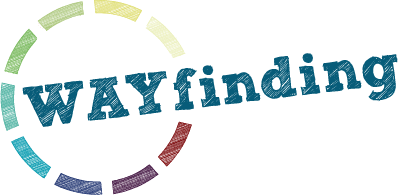| Anne Williamson |
Watching Dan Buettner's 2011 TEDMED Talk on Blue Zones fills me with both relief and dread. In it, Buettner shares the key to health and vitality he's discovered through studying pockets of people around the world with the highest proportion of people who reach 100 (i.e. Blue Zones) as well as those rare communities who have improved their health and maintained it: the whole system must be addressed. Perhaps you now understand my contradictory response.
On the one hand, my health and vitality is not, cannot be, entirely in my hands. What a relief! Shame, be gone! On the other hand, my health and vitality is not entirely in my hands, meaning a whole system must be corrected! The Yiddish exclamation "oy vey" comes to mind. This is bound to be a complicated, lengthy process! Can we really change all the misguided systems and policies that affect our collective health in this country? Can we change culture?
Sure. Of course we can. Culture is changing all the time. And, what I love about this particular collective calling is how beautifully the science mirrors our own growing spiritual intuition: we are all interconnected. I cannot be deeply healthy, truly whole, unless you are too. And, not just the "you" next door or half way around the world, but also the "you" generations from now; our interconnectedness is across time as well as geography.
Is this reality more complicated, messy? Of course. But, it's also more beautiful and filled with meaning. Health and vitality is truly a holistic pursuit. I, for one, as part of the One, am glad.
SPRING ROUND STARTS THIS WEEK!
Our spring round kicks off this week! Dan Buettner's TEDTalk as well as this article on how income inequality affects health will shape our conversation. In addition, we'll reflect personally on how fulfilled we currently are in nine interconnected, good health categories using the "Fulfillment Wheel" pictured. At the round's end, after addressing each category, we'll fill out the wheel again and see what's changed. It's going to be a great round! And, there is always more room at the table! If you are interested in joining the conversation, learn more and sign-up here. You are welcome to simply check a group out the first week or two; if it's not for you, no need to continue.





